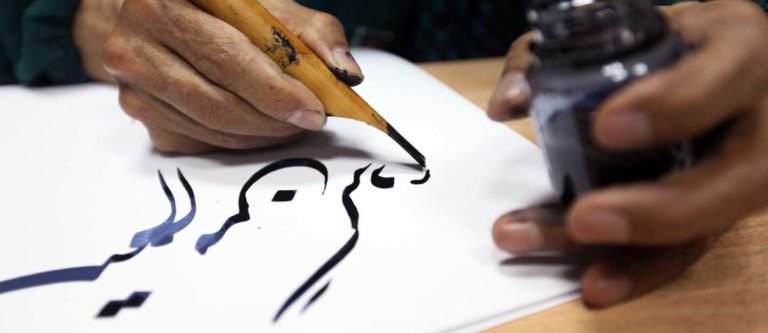Nabati poetry, a powerful form of oral expression, has long been an integral part of Emirati culture. Rooted in the Bedouin traditions of the Arabian Peninsula, Nabati poetry captures the experiences, emotions, and stories of the people. Though its origins date back centuries, this poetic form is experiencing a remarkable revival, reflecting the UAE’s commitment to preserving its rich heritage.
In this article, we explore the history, cultural significance, and ongoing revival of Nabati poetry in the UAE.
A Brief History of Nabati Poetry
Nabati poetry emerged as a form of vernacular Arabic poetry, written in the colloquial dialect rather than classical Arabic. It is often referred to as “the poetry of the people” due to its accessibility and relatability.

Historically, Nabati poetry served as a means of communication, storytelling, and record-keeping. Bedouins used it to celebrate victories, commemorate loved ones, and share wisdom. Unlike written literature, it was primarily passed down orally, preserving the history and values of the region.
Prominent poets like Al Majidi ibn Dhaher and Ahmad bin Sulayem contributed significantly to the development of Nabati poetry, leaving a lasting legacy that continues to inspire modern poets.
Significance of Nabati Poetry in Emirati Heritage

1. Cultural Identity and Pride
Nabati poetry reflects the Emirati way of life, capturing the spirit of resilience, hospitality, and unity. Through its verses, the values and traditions of Emirati society are passed from generation to generation, fostering a deep sense of cultural pride.
2. Social Commentary and Storytelling
Traditionally, poets used Nabati poetry to address social and political issues. It served as a platform for discussing matters of justice, morality, and governance. Today, contemporary poets continue to use it as a voice for expressing thoughts on modern challenges and societal changes.
3. Preserving the Arabic Language
While the world grows increasingly globalized, Nabati poetry plays a crucial role in preserving the Emirati dialect and the Arabic language. It helps maintain linguistic heritage by promoting the use of colloquial Arabic in artistic expression.
The Revival of Nabati Poetry

In recent years, the UAE has taken deliberate steps to revive and celebrate Nabati poetry. Various cultural initiatives, festivals, and media platforms have played a key role in bringing this poetic form back into the public eye.
1. Poetry Competitions and Festivals
Events like the Million’s Poet competition, televised across the Arab world, have revived interest in Nabati poetry. Poets from across the region showcase their talent, gaining recognition and inspiring younger generations.
The Sharjah International Book Fair and Abu Dhabi International Book Fair also feature dedicated programs celebrating Emirati poetry, providing platforms for aspiring poets to share their work.
2. Educational Programs
Recognizing the importance of heritage education, Emirati schools and universities have introduced courses on Nabati poetry. Students learn to appreciate its linguistic nuances and cultural significance, ensuring the tradition is passed on to future generations.
3. Digital Platforms and Media
Social media platforms and podcasts have emerged as modern arenas for poetic expression. Poets now share their verses online, reaching wider audiences and fostering discussions around Emirati culture and identity.
Famous Contemporary Nabati Poets
Several contemporary poets have gained recognition for their contributions to Nabati poetry. Notable figures include:
- Hessa Al Saif: Known for her emotive verses and reflections on Emirati traditions.
- Ahmed Al Shamsi: A prominent voice in the revival of Nabati poetry, often addressing social themes.
- Ousha Al Suwaidi (The Girl of the Arabs): Her powerful poetry has left an enduring mark on the region’s cultural landscape.
Conclusion
The revival of Nabati poetry stands as a testament to the UAE’s dedication to preserving its cultural heritage. By celebrating this cherished art form through competitions, educational initiatives, and digital platforms, the nation ensures that the voices of the past continue to resonate in the present.
For Emiratis, Nabati poetry is more than just words — it is a living tradition that embodies the essence of their identity. As the art form thrives once again, it offers future generations a meaningful connection to their roots and an enduring source of cultural pride.
Also read: The Influence of Pearl Diving Songs in Emirati Music













